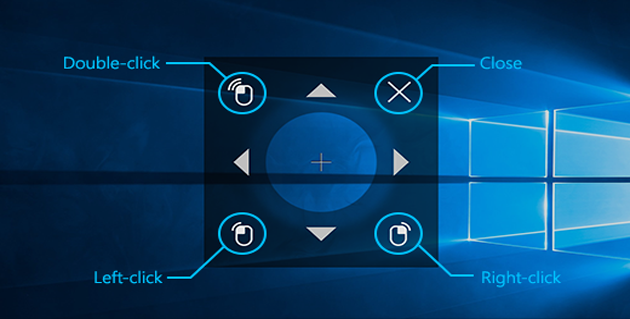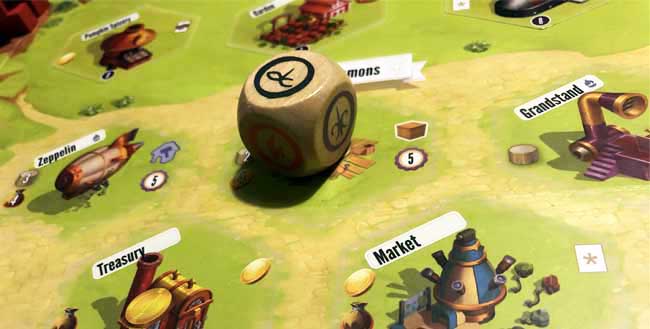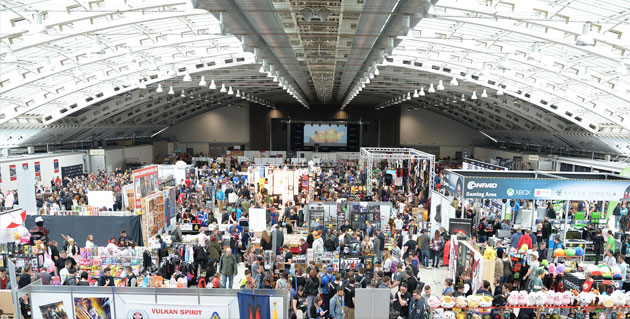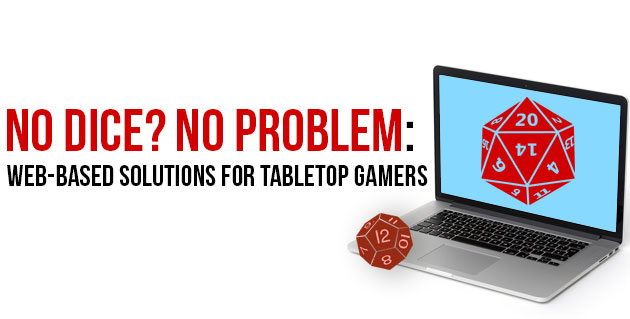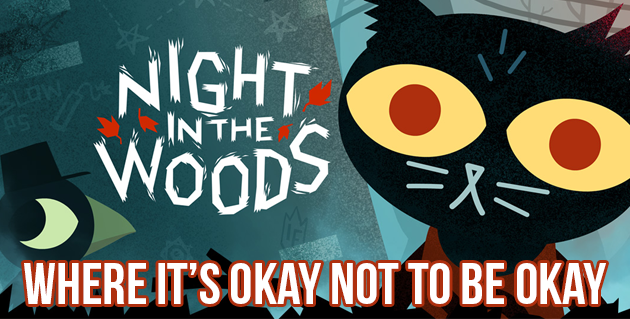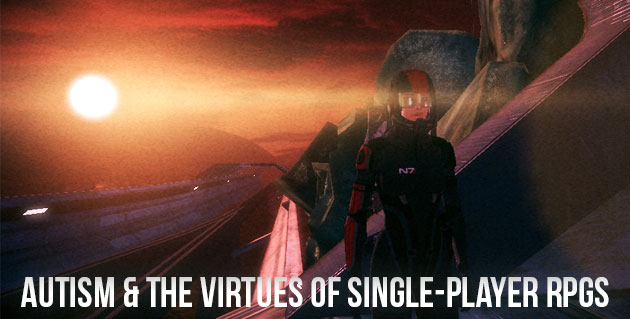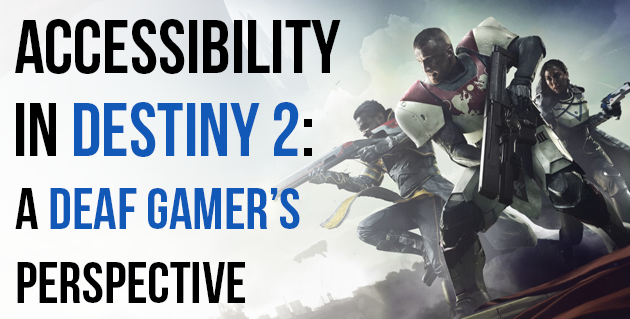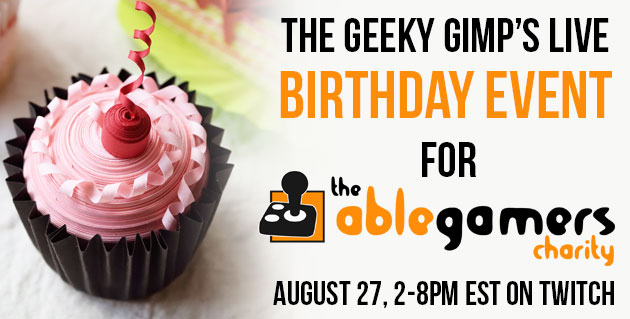“Wait, what? That’s bullshit! I won!” I yell as I imagine myself flipping the table (as I can’t actually flip it, and I wouldn’t do that anyway).
And so ends our third round of Charterstone, the latest tabletop adventure by designer Jamey Stegmaier. I don’t think I’ve ever seen my boyfriend so enthused by a board game, and I don’t think he’s ever seen me so angry about losing. At its core, Charterstone is a worker-placement game that feels similar to Stegmaier’s popular Viticulture. You start with two worker tokens to place on various buildings on the board, and those buildings give you resources, and those resources let you earn victory points. But what sets Charterstone apart from similar titles is that it’s a legacy-style game. That means, every time you play, you alter the game; this includes opening new mechanics, advancing the story, using special components, and more. It’s like unfolding a present after every game – and that surprise is addicting.
Or, as evidenced by my quote above, the discoveries can be infuriating. Without giving too much away, let’s say that an end-game card drastically changed the score in a way that was out of my control. My boyfriend Michael gloated, marking a victory on his score tracker, while I jokingly stated that the game was cheating. I thought I was going to be undefeated, having won the two previous rounds. But in my mind, I’m still a champ – or, if you listen to Michael, a sore loser.
Read moreCripping Greengully: Accessibility in Charterstone by Stonemaier Games

